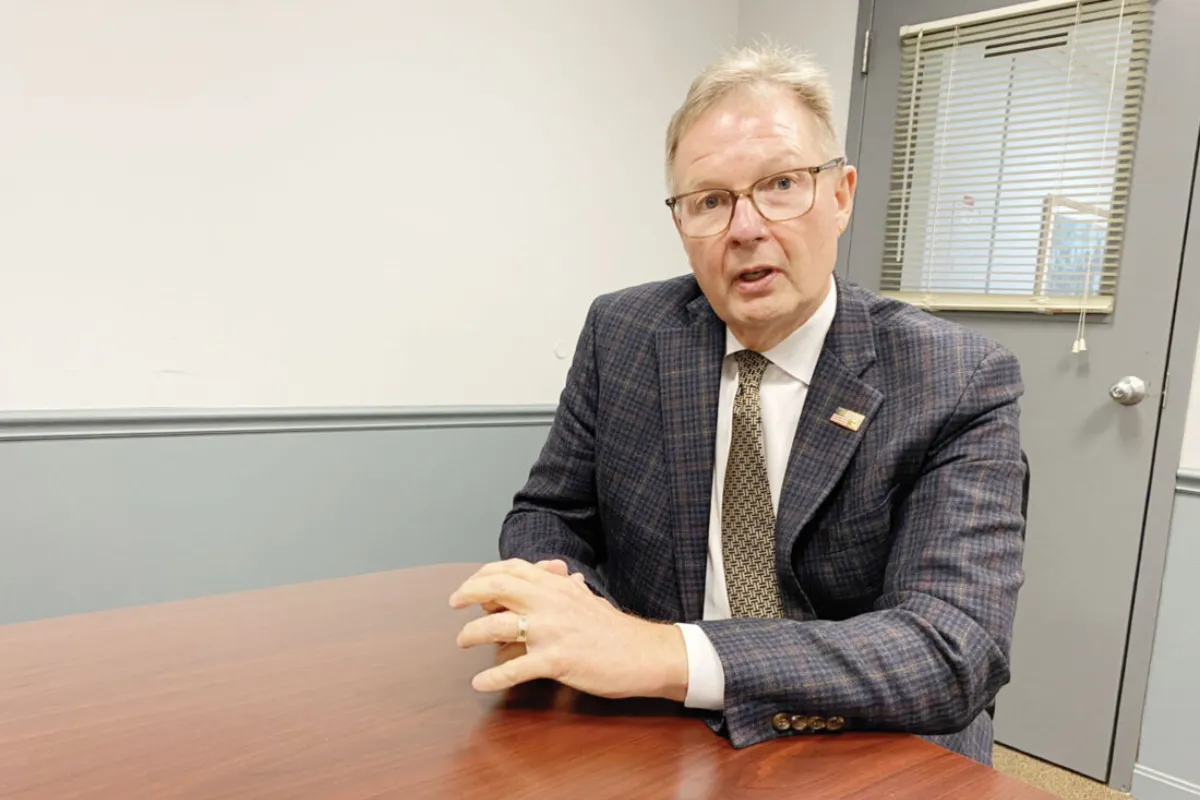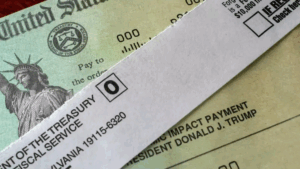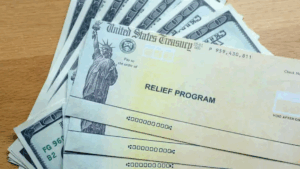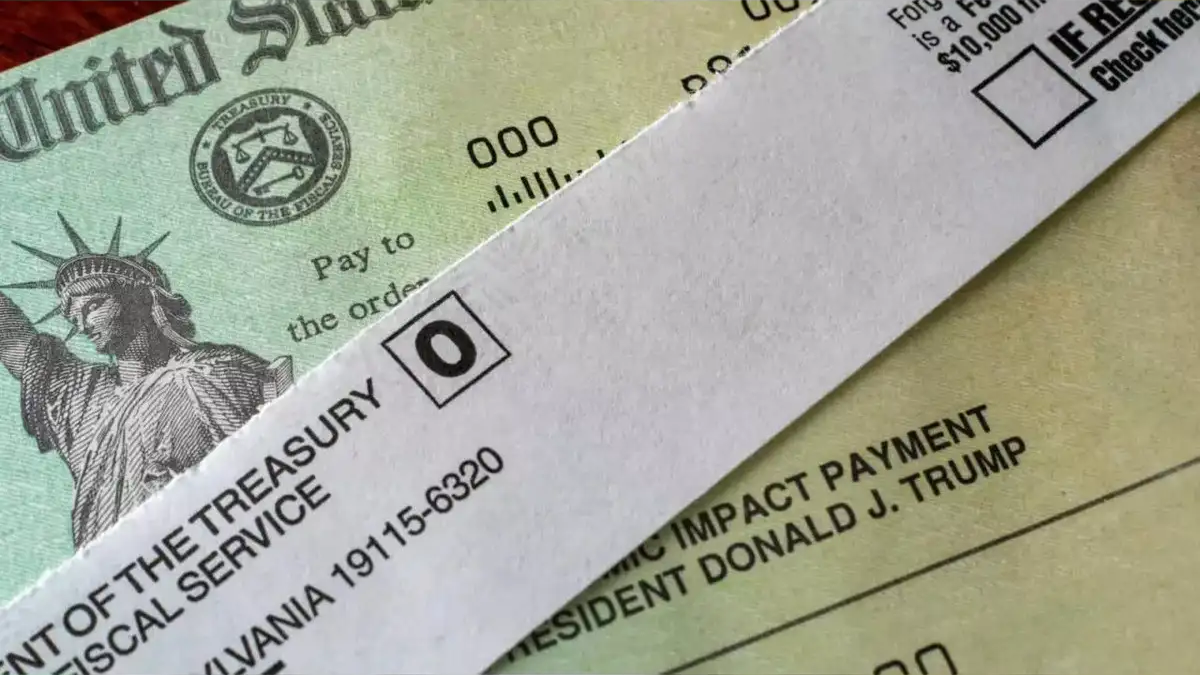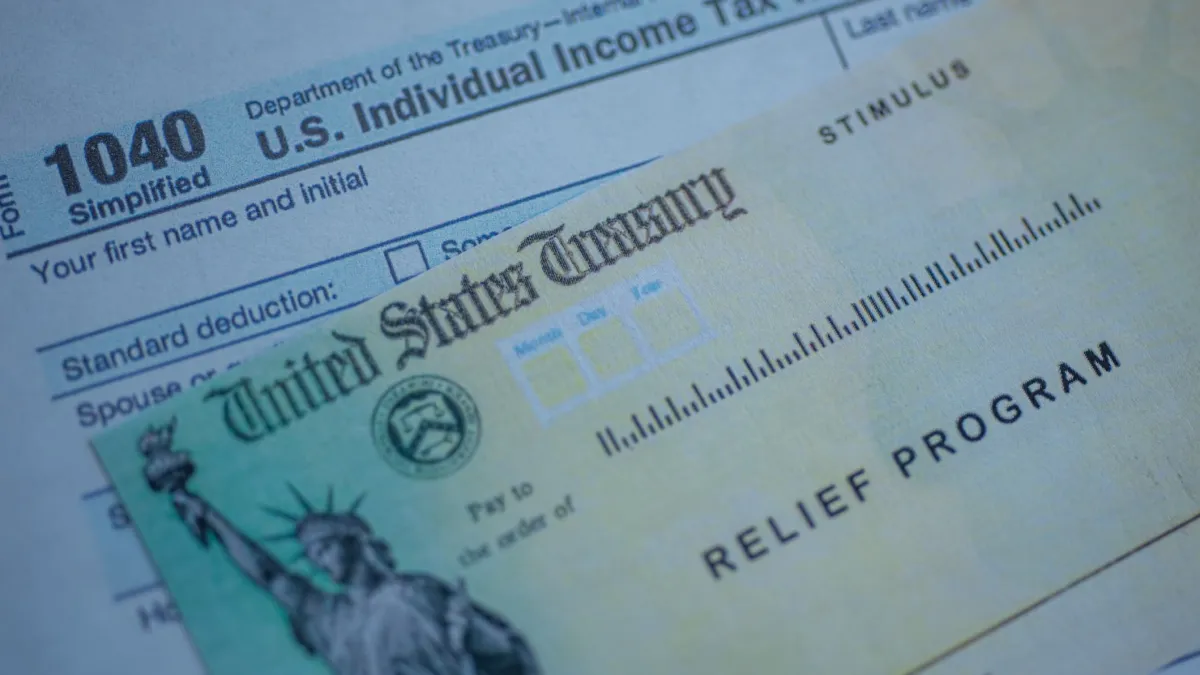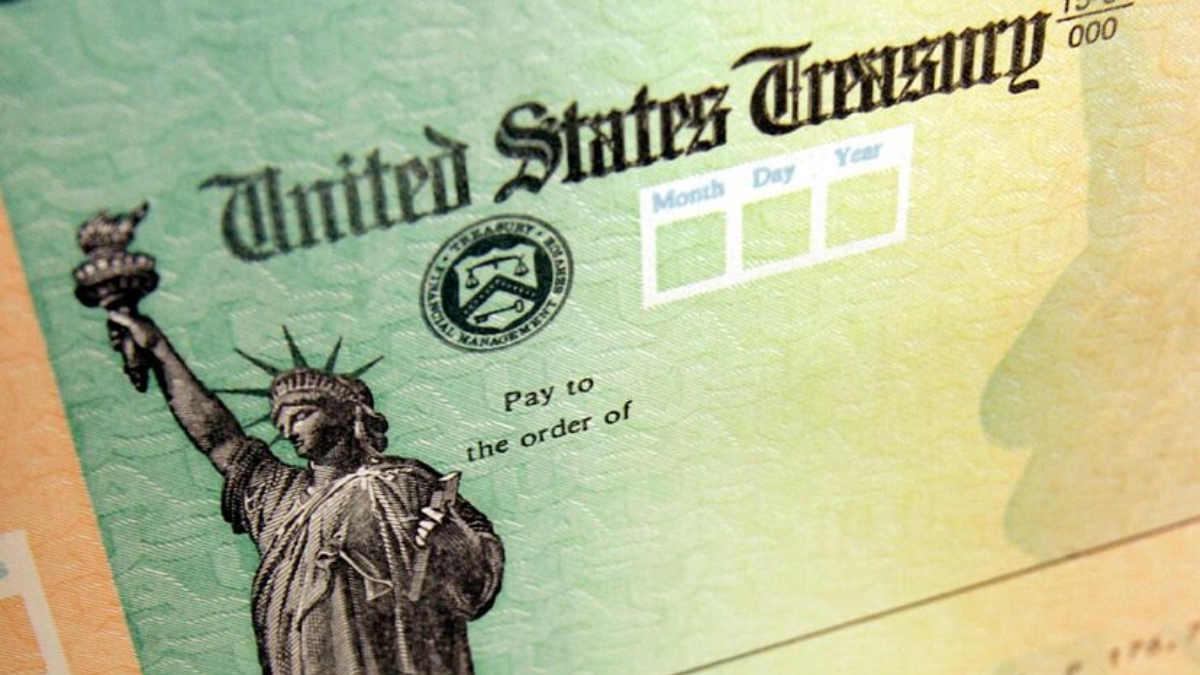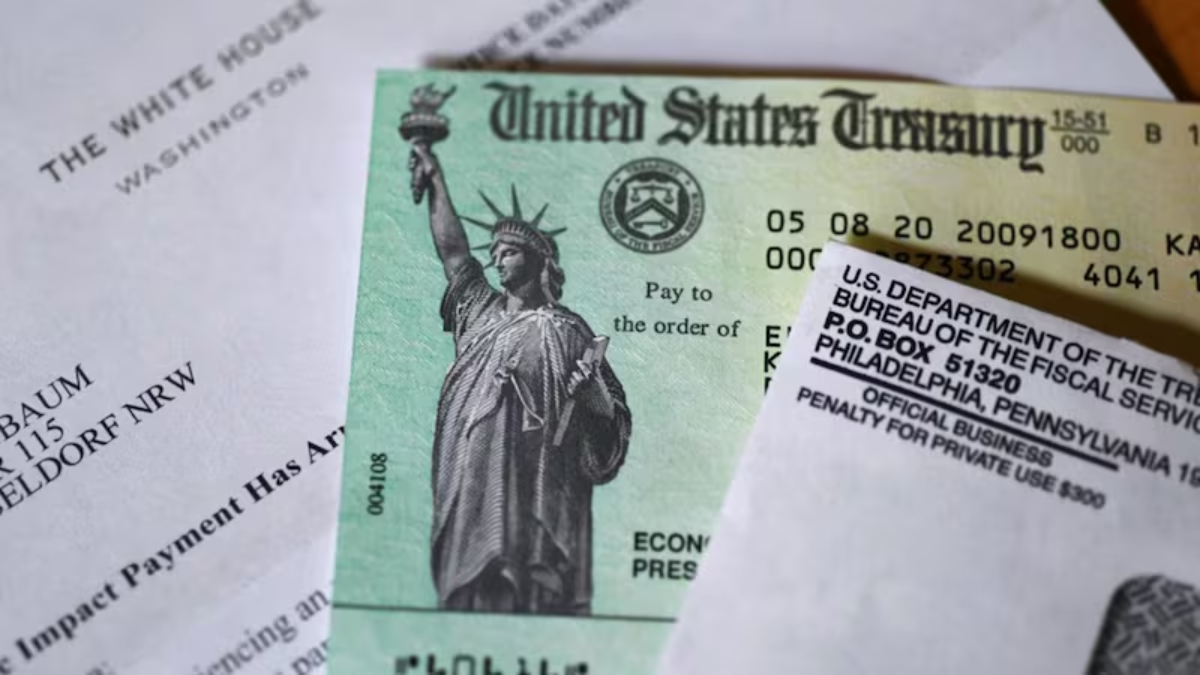West Virginia State Treasurer Larry Pack is optimistic about the state’s financial standing and is on a mission to understand what communities across the state need to continue growing. During a recent visit to Wood County, Pack met with local officials, business leaders, and educators to talk about everything from job creation to housing and education.
“West Virginia is a small state, but a diverse one,” Pack said. “Each county has its own identity and its own challenges.”
During his stop, he toured Wood County Christian School near Williamstown, visited the Wood County Resiliency Center, met with mayors from Parkersburg and Vienna, and attended a Workforce West Virginia event where young men were celebrated for starting careers in the trades.
Pack spoke proudly of the state’s financial strength, noting that the Rainy Day Fund now holds $1.3 billion—the largest amount in state history. Pension systems are nearly fully funded, and credit ratings are strong. “We have the most money in our accounts than we’ve ever had,” Pack said. “We’re in excellent financial shape.”
He highlighted a $1 billion annual tax cut passed two years ago and said the state is on track for a budget surplus between $200 million and $300 million this year. One long-term goal: eliminate the state’s personal income tax entirely.
While visiting Wood County Christian School, Pack took time to discuss the HOPE Scholarship, which offers financial aid for K-12 students. It’s a program he helped pass as a delegate in 2021. The scholarship has grown from serving 2,000 students in its first year to over 11,000 today, with expectations to reach 20,000 next year. Parents are increasingly seeking options like home schooling, online schools, microschools, and private education.
“Parents want choices in their children’s education,” Pack said. “We’re learning from the feedback and looking for ways to improve how we administer the program.”
Pack’s meetings with city and county leaders also focused on economic hurdles, such as the shortage of affordable housing, attracting new employers, and reducing red tape for developers. Officials expressed concern over the Regional Jail bill and how it’s financially stressing counties.
On a more positive note, city leaders welcomed the return of federal employees to in-person work, breathing life back into downtown areas.
Pack addressed another area of concern: property tax inequality among energy producers. He noted that wind farms pay far less in taxes compared to traditional energy sources like coal and gas. “We want to level the playing field,” he said. “If we do, it could mean more funding for local schools and services.”
His office is also tracking a bill during the current legislative session that would impose term limits on members of the Board of Public Works, including the treasurer, auditor, secretary of state, agriculture commissioner, and attorney general. The proposal would cap their time in office at three terms.
“All the current officeholders are behind this bill,” Pack said. “We’ve had people stay in these roles for decades. We believe turnover is healthy—no one should own an office.”
On the business front, Pack shared updates on companies showing interest in setting up operations in West Virginia, particularly along the Ohio River. With access to river, rail, and highways—and abundant natural resources like coal and natural gas—the region is drawing attention.
“What Berkshire Hathaway is doing at the Timet site will completely transform Jackson County,” Pack said. “And we’re seeing similar momentum with NuCor in Mason County.”
Still, Pack emphasized the need to reduce regulations and offer competitive, fair taxes to keep the momentum going. “Businesses want infrastructure and responsiveness from Charleston,” he added.
The state is also taking a stronger stance on foreign investments. The Board of Treasury Investments, which Pack chairs, recently decided to stop investing in companies owned by China or tied to the Chinese military or Communist Party. That decision looks even wiser now, Pack said, in light of recent U.S.-China trade tensions.
Pack believes that by promoting West Virginia’s natural resources and creating a business-friendly environment, the state can become a hub for manufacturing and energy production. “When companies talk about building along the Ohio River, they’re talking about using our natural gas and coal to power their plants,” he said. “We need to stay focused on being a low-tax, small-government state that welcomes opportunity.”
From state finances to educational programs and economic development, Pack’s message is clear: West Virginia has momentum—and his goal is to keep it going.
